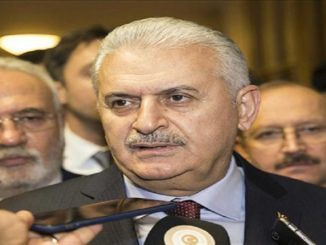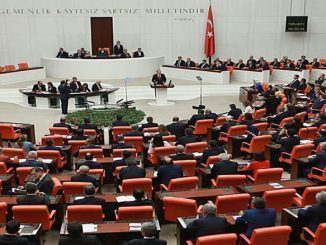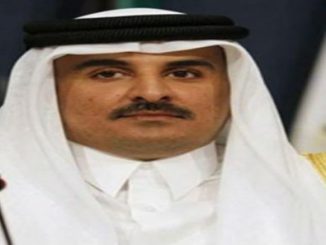
– The Kuwaiti cabinet on Monday called for holding parliamentary polls on Nov. 26, according to a government source, reported Anadolu Agency.
The source, who spoke anonymously due to restrictions on speaking to media, said cabinet members had approved a draft decree calling on voters to head to the polls on this date.
The draft decree will be submitted to Emir of Kuwait Sheikh Sabah al-Ahmad Al Sabah for approval, the source added.
On Sunday, the emir dissolved the assembly, paving the way for early elections.
In a decree carried by Kuwait’s official KUNA news agency, the emir cited “regional developments” and “security challenges” as reasons for dissolving the 50-member chamber.
“Circumstances in the region… and security challenges… require us to return to the people — the font of authority — [so they might] to choose their representatives to express their collective will and help deal with these challenges,” read Sunday’s decree.
The announcement came shortly after the Kuwaiti cabinet submitted a request to the emir calling for the assembly’s dissolution.
On Saturday, Parliament Speaker Marzouq al-Ghanim called for holding early elections — the first move of its kind in the small Gulf country’s history.
In a televised interview, al-Ghanim attributed his calls for snap polls to the “internal and external challenges” facing the country.
“We will face numerous internal and external challenges in the upcoming phase, which will require a new government and a return to the ballot box,” the parliamentary speaker said.
According to Kuwait’s constitution, elections must be held within two months of parliament’s dissolution.
Kuwait’s last parliamentary poll was held in 2013.
In a related development Monday, three Kuwaiti government ministers — who are also sitting MPs — resigned in order to contest the upcoming polls, Sheikh Mohamed Abdullah al-Mubarak Al Sabah, minister of state for cabinet affairs, said.
Ali al-Omair, who serves as both public works minister and minister of state for national assembly affairs; Eissa al-Kanderi, who serves as both communications minister and minister of state for municipality affairs; and Yaaqoub al-Saana, who serves as minister of religious endowments and Islamic affairs all submitted their resignations on Monday in order to contest the upcoming elections.
According to Kuwait’s constitution, at least one sitting member of parliament must also serve as a minister in the government.



